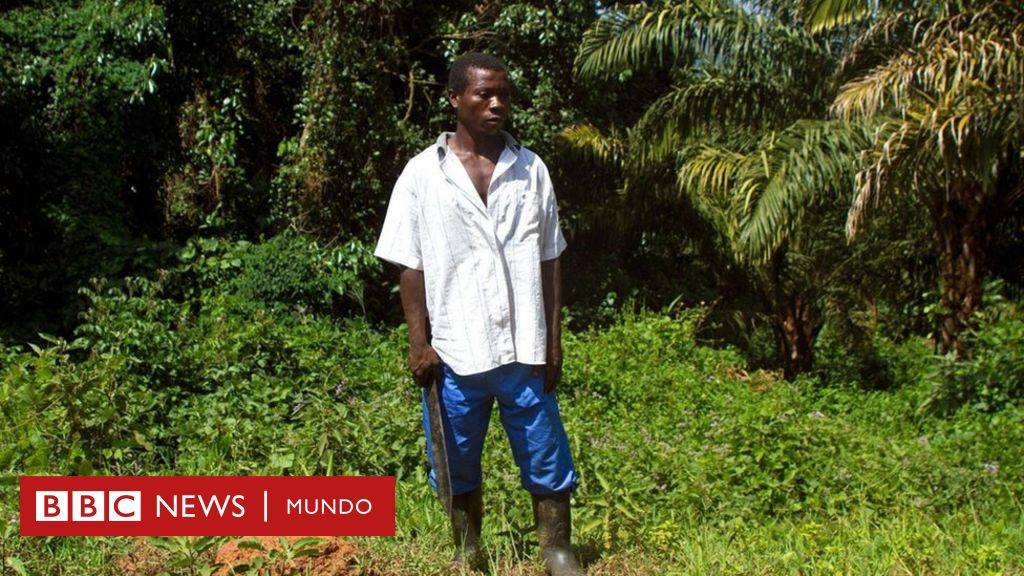Carl Sagan’s disturbing 1995 predictions about the modern world that came true | Science and Ecology | Dr..

Over 25 years ago, an astrophysicist and The great scientific celebrity Carl Sagan, Known worldwide especially for the TV series “Cosmos”, he made a very accurate prediction about the future, seemingly predicting the rise of big technology and misinformation.
Although the prediction speaks specifically of the future of the United States, the issues affecting it are of a global nature; A general obsession of our modern society.
Passionate argument for science and the scientific method
In addition to his work as an astronomer, planetary scientist, cosmologist, astrophysicist, astronomer, and well-known scientist, Sagan was also a prolific writer, and in 1995 he published his book The Demon Haunted World: Science is like a candle in the dark (The world and its demons. Science is a light in the dark), where it addresses everything from spiritual issues to alien abduction denial.
Moreover, his book is a passionate argument for science and the scientific method, and how it has helped illuminate many of the darker corners of the universe. In this sense, the late astrophysicist reveals how the search for peace and vThe truth is undermined by the old friends of mankind: myths and pseudoscience.
A section of the text goes viral
Today, 27 years after its publication, what has attracted the most attention on social networks is a descriptive quote of what he predicts will be the future of the United States, which is very similar to the present we have come to. This is what Carl Sagan wrote in 1995:
“Science is more than just a collection of knowledge; it is a way of thinking. I have a sense of America in the time of my children or grandchildren, when the United States was the economy of services and information; when almost all industries were essential; manufacturers left for other countries; when the impressive technological forces in the hands of a few, and no one representing the public interest can even understand problems; when people lose the ability to set their own agendas or question the knowledge of facts to those in power; when we cling to our crystals and consult nervously with our horoscopes, our critical abilities deteriorate, unable to distinguish between What is good and what is true, we slip, almost without noticing, into superstition and darkness. ”
Although Sagan projected optimism in general, the quote describes a potentially dystopian society, with much division, confusion, distrust of authority, and a growing chasm between the haves and the have-nots under an increasingly authoritarian leadership.
‘America fainted’
In the chapter that includes the quote, Carl Sagan talks about some of the American cultural phenomena of the time, such as the television show Beavis and Boothead and the movie The dumb and the dumberwhich he uses as examples of the “weakening” of the United States.
“America’s neglect is manifested in the slow decay of substantive content in high-impact media, in 30-second audio clips (now shrinking to 10 seconds or less), in the programming of the abstract lowest common denominator, in naive presentations on pseudoscience and superstition, but above all Something in a kind of celebration of ignorance.”
One can’t help but wonder how you could update your vision of America’s future if you were alive today and watching the new social media, from YouTube to Instagram to the incredible rise of flowamong other things.
Many would consider such a prediction 27 years ago to be not much of a revelation. And they are probably right; A glimpse into a dystopian future isn’t particularly difficult. However, Sagan, with his great sensitivity and intelligence, is able to capture much of the essence of the changes that began to take shape at that time and that are evident to us today. Also, listening to this voice from the past may help us to remember and think more about what we can do better in our current society.
Edited by Felipe Espinosa Wang.

“Award-winning zombie scholar. Music practitioner. Food expert. Troublemaker.”


/cloudfront-eu-central-1.images.arcpublishing.com/prisa/AHVYMMDSTZDTDBFNZ3LMFUOKNE.jpg)








